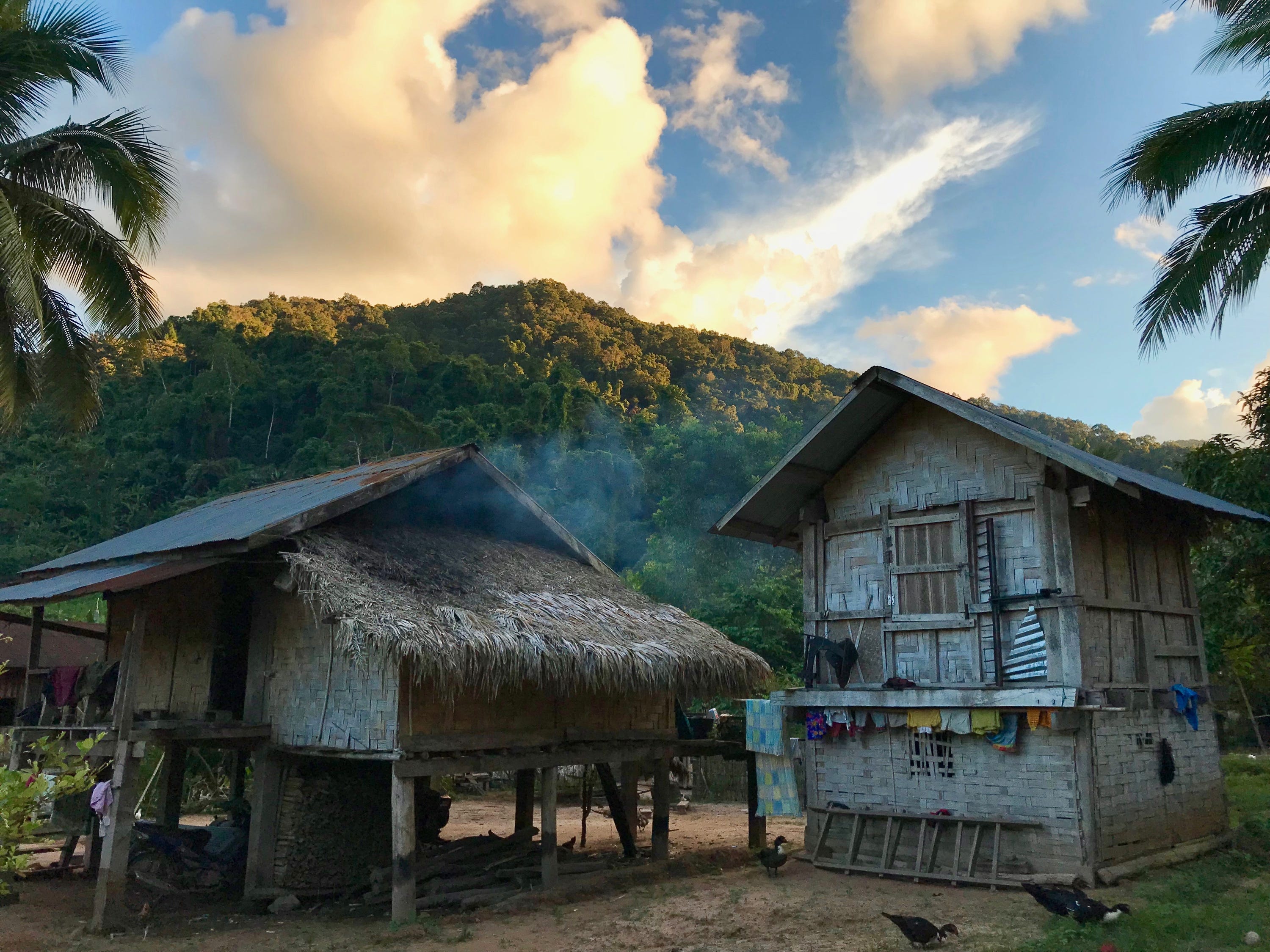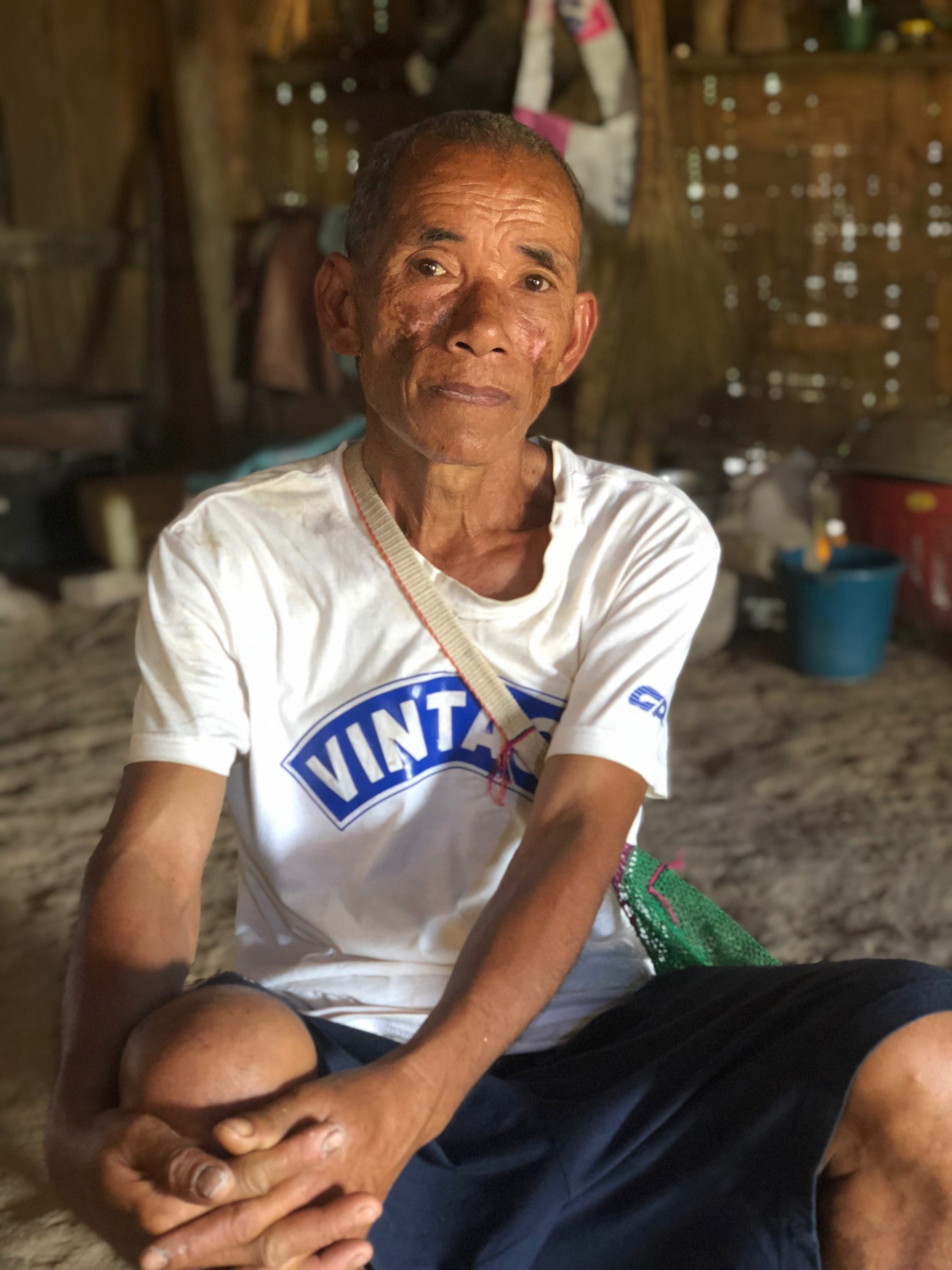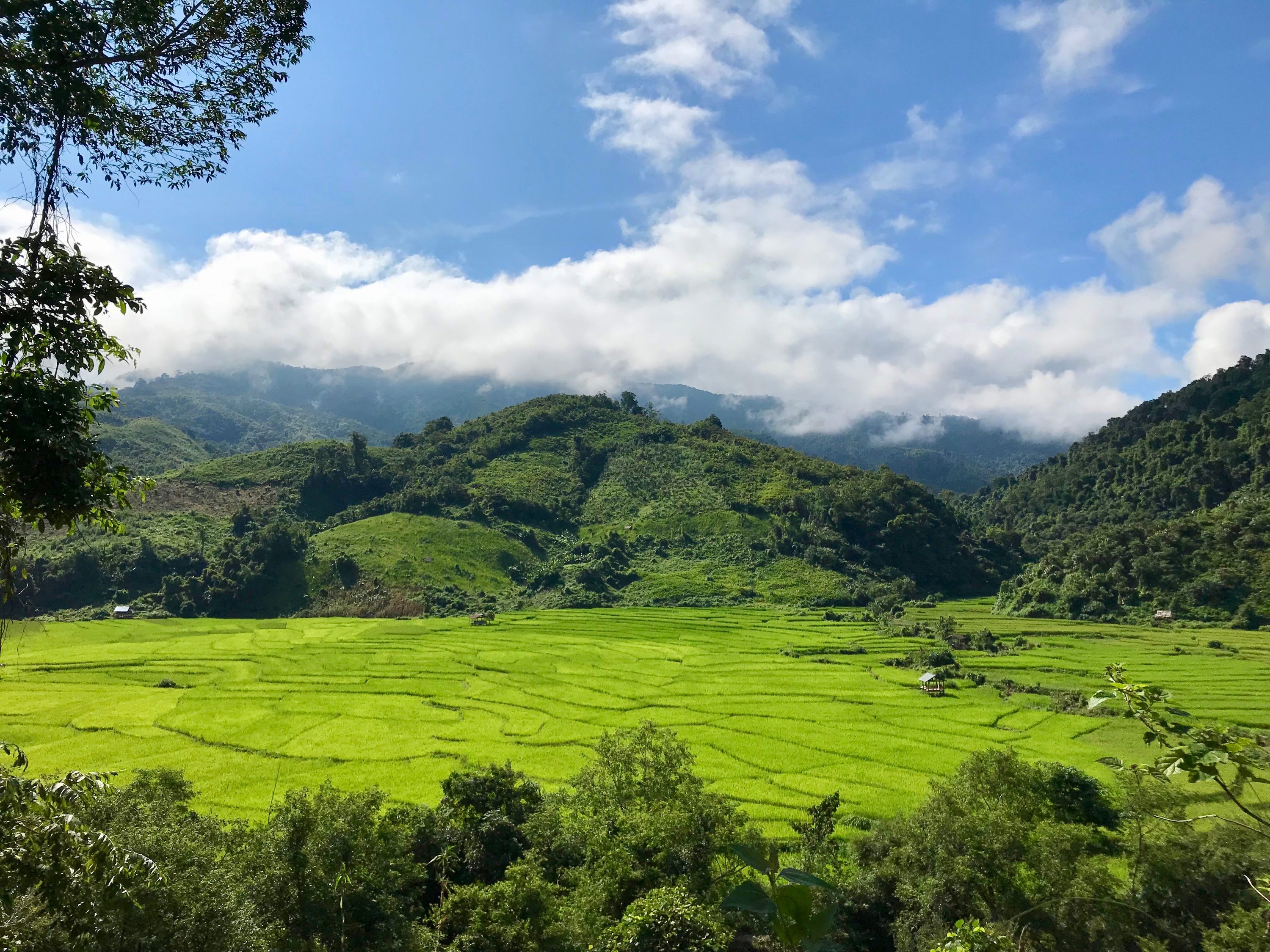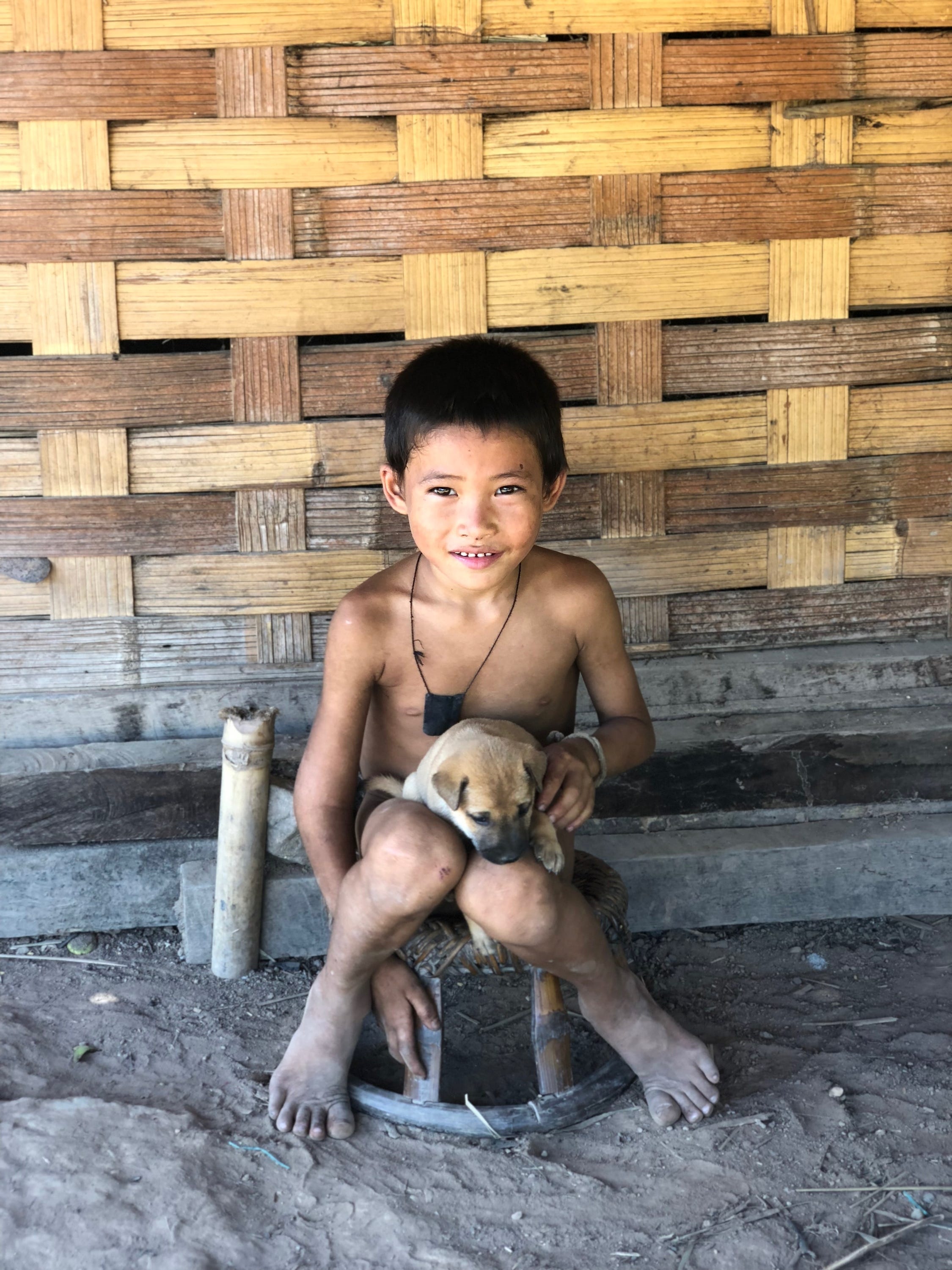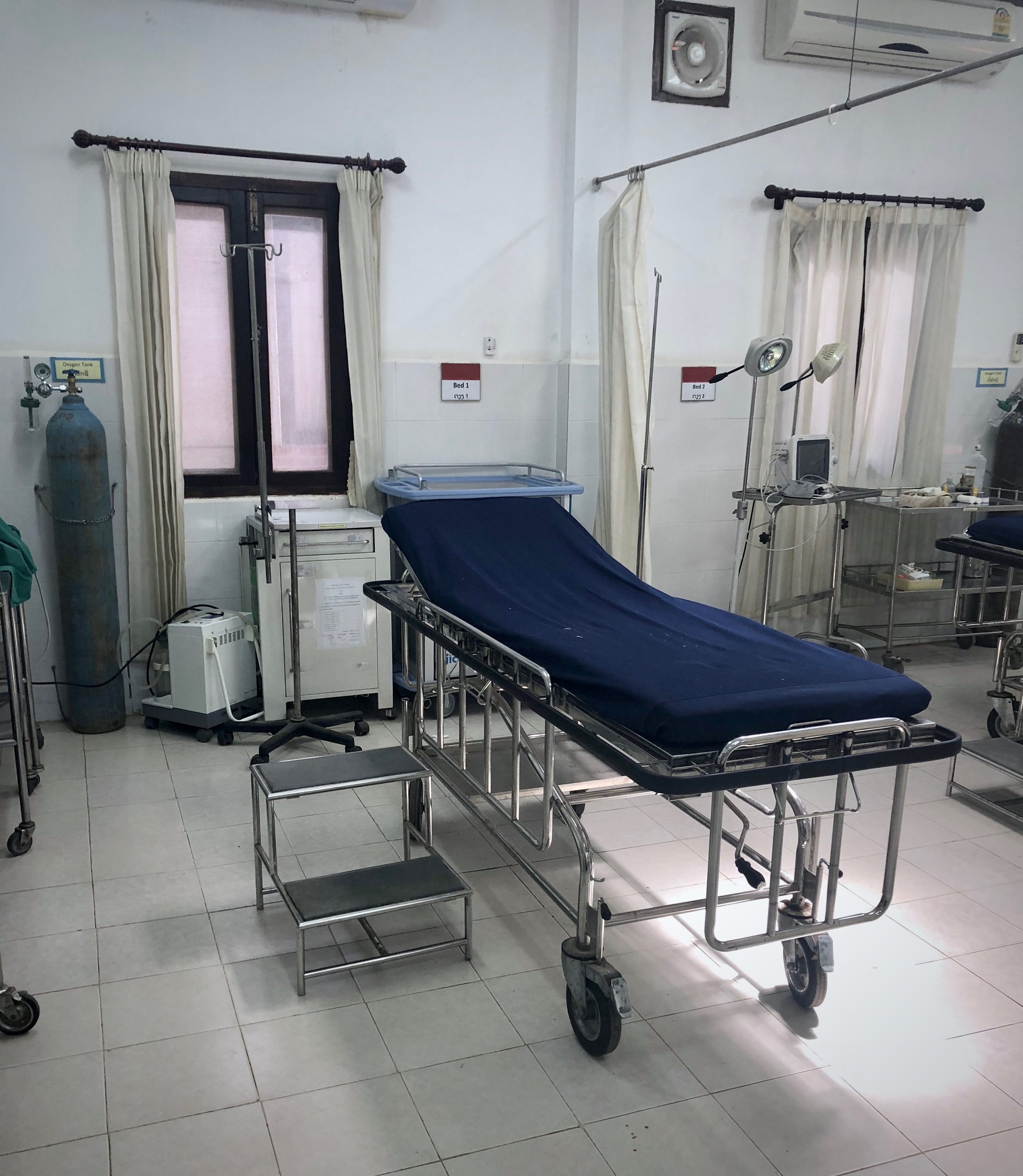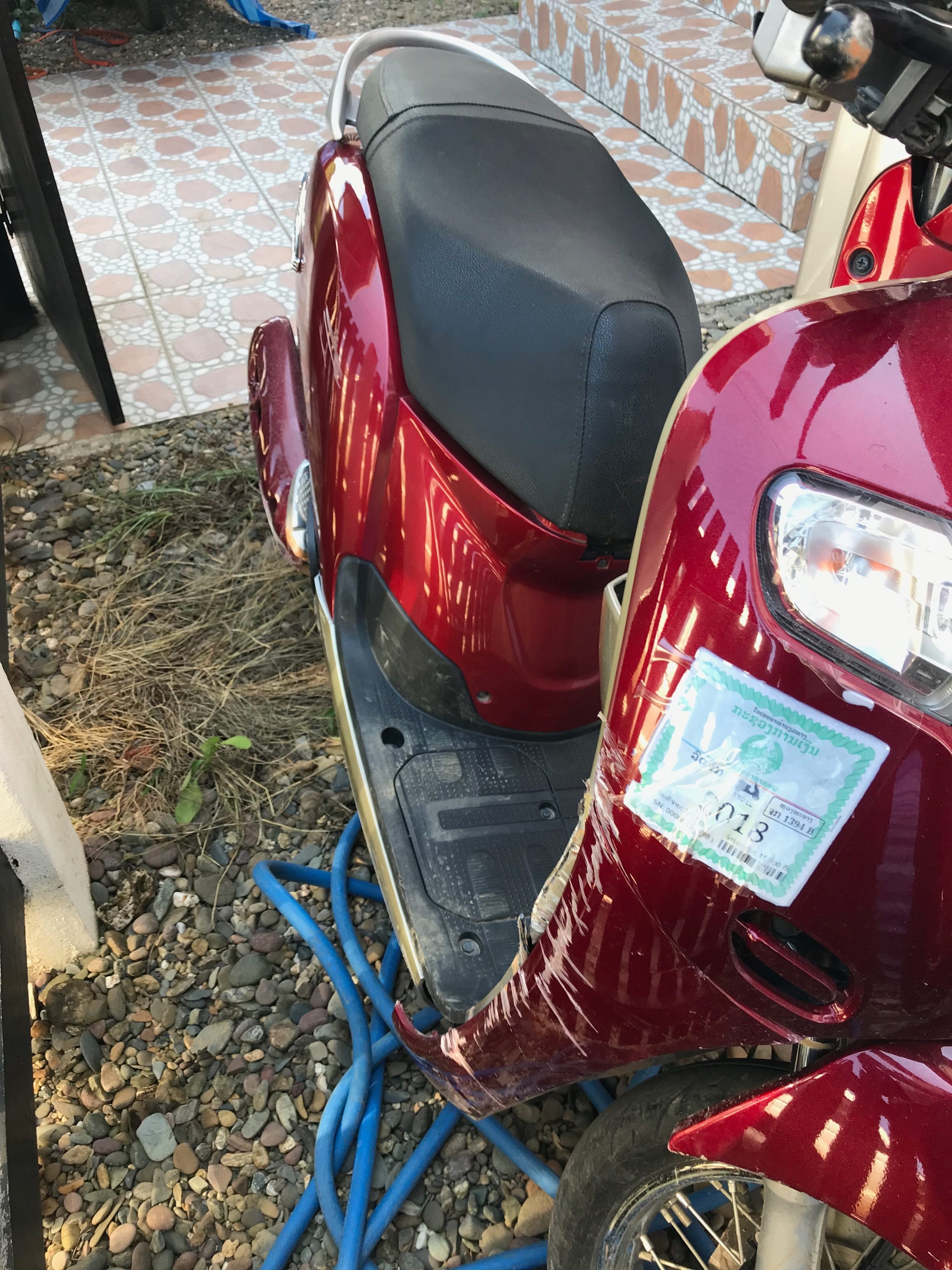Mental Model: Chokepoints
Chokepoints cause a concentration of qualities.
For example, in both Britain and Denmark, birds have been under attack by asphalt. Meanwhile, birdfeeders have become popular in Britain but they have not caught on in Denmark. As a result, the beaks of British birds have become 1-2mm longer than Dutch birds of the same species in only 40 years.1
The chokepoint plus the birdfeeders (which favor birds who can strain for more seeds) has led to the quality of longer beaks to spread rapidly among British birds.
When a population faces a chokepoint, there is a concentration of “successful” genes.
This is why I, along with 3-5% of people from European descent, carry a recessive cystic fibrosis gene around. While the Black Plague killed 60% of the population across Europe, those who carried one copy of the recessive cystic fibrosis gene had cells which prevented the bubonic plague, typhoid, and tuberculosis from infiltrating.2
Evolutionary leaps do not occur via gentle, slow progression. Instead, fossils reveal “punctuated equilibriums”,3 as Stephan Jay Gould describes it, in which a species will undergo a rapid branching and change.
Business is the same way.
Despite the financial crisis, in 2009 Panera was opening a new store every three days.
As CEO Ron Shaich explained, most of their competitors had loads of debt that they were struggling to pay down as customers came less often and spent less money.
Panera, meanwhile, still had customers buying food and had no debt on its balance sheet. Land and construction costs were down 20% because of the crash. So while everyone else was downsizing and ripping out costs as the market contracted, Panera was able to triple their market share and triple their stock price.4
An entire mental model narrowed down to Warren Buffet’s advice that you can grab market share when everybody else is pulling back.
- https://www.theguardian.com/environment/2017/oct/19/british-birds-evolve-bigger-beaks-to-use-garden-feeders↩
- https://www.newscientist.com/article/dn10013-cystic-fibrosis-gene-protects-against-tuberculosis/↩
- https://en.wikipedia.org/wiki/Punctuated_equilibrium↩
- https://www.npr.org/templates/transcript/transcript.php?storyId=606517556↩
